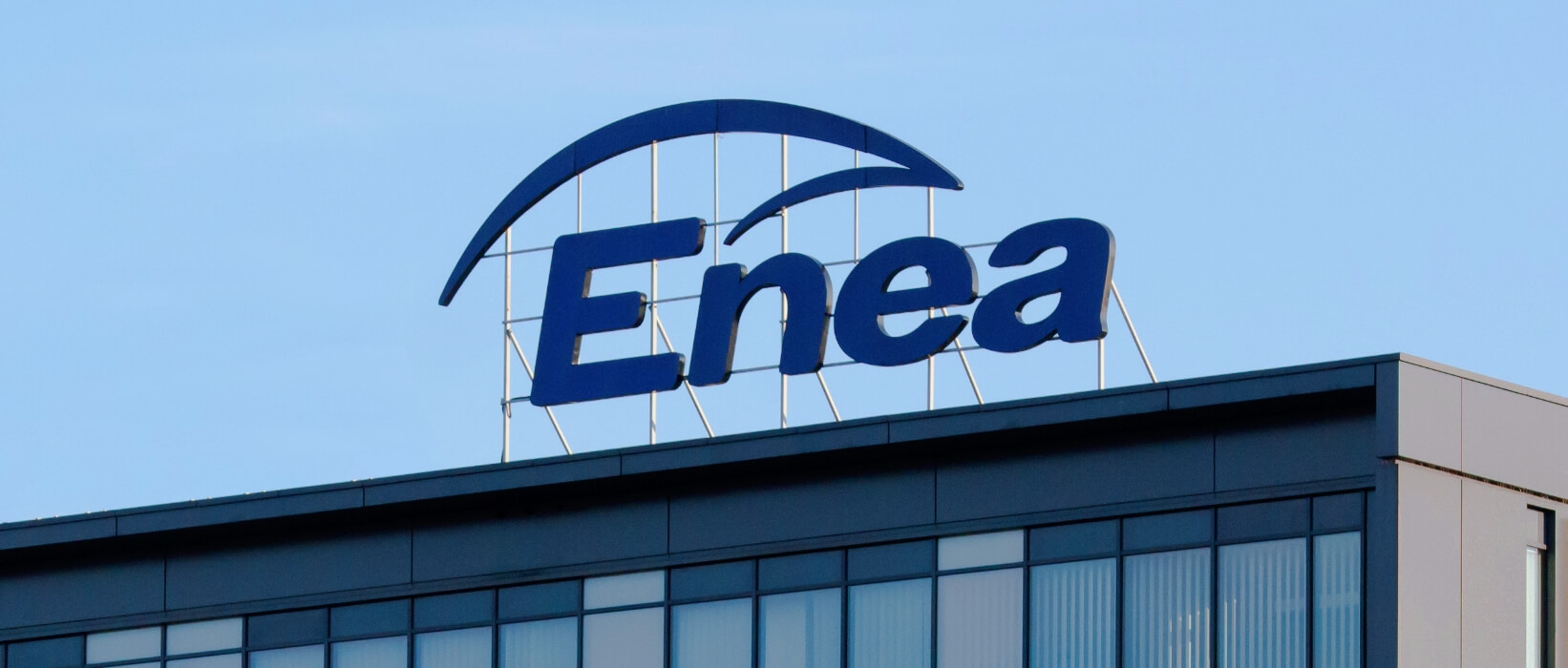VI.R.1. VI.R.1. The remuneration of members of the company’s bodies and of the key managers should result from the remuneration policy adopted.
The Company’s comment: The Company would like to explain that no formalised remuneration policy was adopted in ENEA S.A. However, in connection with the amendment to the provisions of the Act on Public Offerings and Conditions of Introducing Financial Instruments to Organised Trading and Public Companies adopted in October 2019,, the general meeting of a company whose at least one share is admitted to trading on a regulated market should adopt, by way of a resolution, a remuneration policy for members of the management board and supervisory board. The company's general meeting should adopt a resolution on the remuneration policy for members of the management board and the supervisory board by 30 June 2020. At the same time, in connection with the provisions of the Act on the principles of shaping the remuneration of management of certain companies, the Extraordinary General Meeting of ENEA S.A. held on 19 December 2019 made changes to the corporate acts in force to date concerning the principles of shaping the remuneration of members of the Management Board and Supervisory Board.
VI.R.2. The remuneration policy should be closely related e to the company’s strategy, its short- and long-term objectives, long-term interests, and results, and it should also take into account the solutions contributing to avoidance of discrimination on any grounds.
The Company’s comment: Notwithstanding the Company’s comment to the VI.R.I., the Company would like to explain that no remuneration policy has been adopted at ENEA S.A. The Management Board declares to strive to ensure that the Company’s remunerating practice takes into account the circumstances mentioned in the content of the recommendation, as far as possible.
VI.R.3. If the remuneration committee operates in the supervisory board, the scope of its operation shall be governed by rule II.Z.7.
The Company’s comment: The Company would like to explain that with respect to the tasks and functioning of the committees operating in the Supervisory Board, it generally applies the provisions of Annex I to the European Commission Recommendation referred to in the analysed rule, with a proviso that the Company’s internal instruments do not strictly require the majority of members of the Nominations and Remuneration Committee to meet the independence criteria. The Nominations and Remuneration Committee should be composed of at least one independent member within the meaning of the EC Recommendation, and if more than one person meeting the above independence criteria is appointed to the Supervisory Board, this committee should be composed of the largest possible number of independent members.




